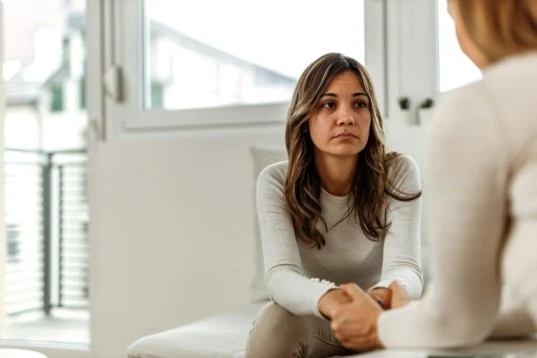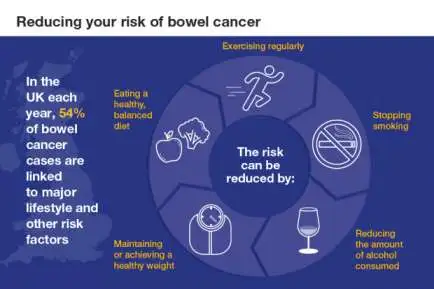
A new large-scale study shows counselling in schools to be effective and should be considered even if it’s costly
Published in The Lancet: Child & Adolescent Health, the first ever UK-based large scale study was led by the University of Roehampton. Conducted between 2016 and 2018, the study surveyed 329 children aged 13-16 from 18 London schools at six-week intervals. The study found that, compared to those who only received pastoral care, school-based humanistic counselling led to significant reductions in students’ psychological distress long-term.
This counselling was found to cost around £300 – £400 per student which can be a barrier for some. This study provides essential evidence for schools looking to expand the mental health support they provide.
It’s estimated that one in eight five to 19 year-olds in the UK meet the criteria for a mental health disorder, so this type of evidence is sorely needed.
As well as reducing psychological distress, the study found that those offered counselling experienced significantly improved self-esteem and increases in achieving personal goals. Keen to explore other interventions, the paper also called for an urgent evaluation of other methods to support adolescents such as classroom modules on emotional literacy and cognitive behavioural therapy (CBT).
Speaking on the results from the study, lead author and Professor of Counselling Psychology at the University of Roehampton notes that adolescence and the rapid changes that come at this time can make young people especially vulnerable to mental health problems. This is why, he says, studies like these are vital to see how mental health services in schools can be improved.
“There is a pressing need for a diverse and comprehensive mental health provision and care for young people in schools across the UK, but it is essential that this is properly assessed to establish what works and what should be widely implemented to improve the mental wellbeing of young generations.”

This study is a brilliant starting point, where future studies can explore the subject further – something that’s building in urgency, thanks to the Covid-19 pandemic.
In her article Counselling for children in a pandemic, Dr Niki Cooper, Clinical Director at Place2Be expresses the importance of counselling now and the role of schools.
“The pandemic has undeniably highlighted what Place2Be has believed for over 25 years – that schools are on the frontline when it comes to supporting children’s mental health. Teachers have a crucial part to play as role models, promoting good mental health and self-care, and spotting when issues may be arising at an early stage.
“But teachers cannot be expected to become mental health professionals alongside all of their other responsibilities. They cannot do it alone. That’s why embedding a mental health professional in the school, who can work alongside staff as well as directly supporting pupils and their families, is so beneficial.”
Jo Holmes, Children, Young People and Families Lead at the British Association for Counselling and Psychotherapy (BACP) commented to explain why these services are not cheap.
“School counsellors are highly trained, experienced and skilled practitioners, often working with complex need and trauma linked to psychological distress. School counselling has the potential to take some of the short and long-term pressure off statutory provision, and can support young people as they transition to and from more specialist mental health services.
“Counselling provides a safe space where young people can truly explore what is worrying them, setting their own goals, tailored to meet their individual needs, and helping them to ‘off-load’ and function better in their daily lives. It delves deeply into complex thoughts, feelings and emotions and is not a short-term sticking plaster.”
How you can support your child’s mental health
If you’re looking for professional support for your child, Counselling Directory lists counsellors who can help remotely.
Related Post
 14
14 Aug
7 Essential Healthy Habits to Instill in Your Kids in 2024
In the high-speed universe of 2024, raising solid and balanced kids requires a blend of shrewd nurturing and adjusting to the most recent patterns. As guardians, it's critical to instill propensities that cultivate both physical and mental prosperity in our.
Read More 29
29 Jul
Which Symptom Indicates That Someone May Need Mental Health Treatment?
Today! In this article!, you can find the best treatment for mental health. Which symptom indicates that someone may need mental health treatment? Perceive the indications of requiring emotional well-being treatment and assume responsibility for your prosperity. Try not to hold.
Read More 08
08 Jul
What Is Self-Management of Chronic Disease?
Diabetes, joint inflammation, hypertension, lung illness, corpulence and other persistent sicknesses can make life challenging to oversee for a great many more seasoned grown-ups, frequently compelling them to surrender their freedom. The Challenges of Chronic Disease More established grown-ups are lopsidedly impacted.
Read More 01
01 Jul
7 Lifestyle Tips to Reduce Your Cancer Risk
How in all actuality do individuals bring down the possibilities getting malignant growth? There's a lot of exhortation. Yet, on occasion, guidance from one review conflicts with the exhortation from another. Disease avoidance data keeps on creating. In any case,.
Read More